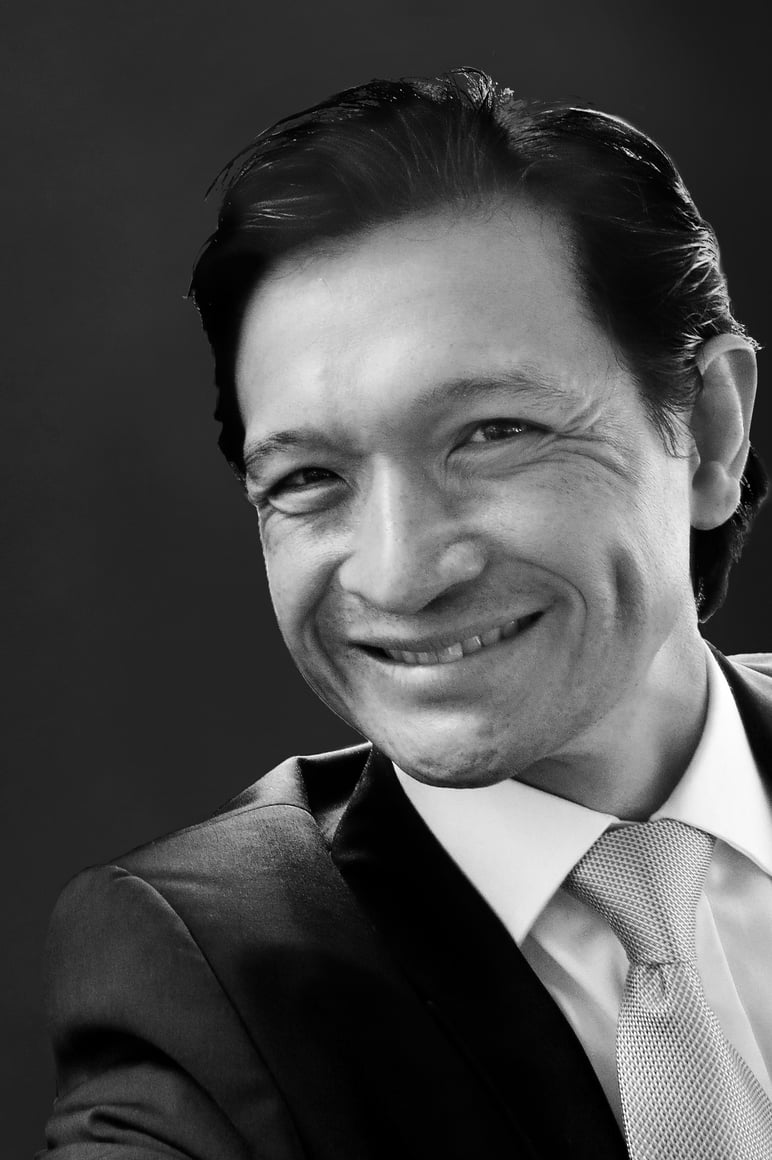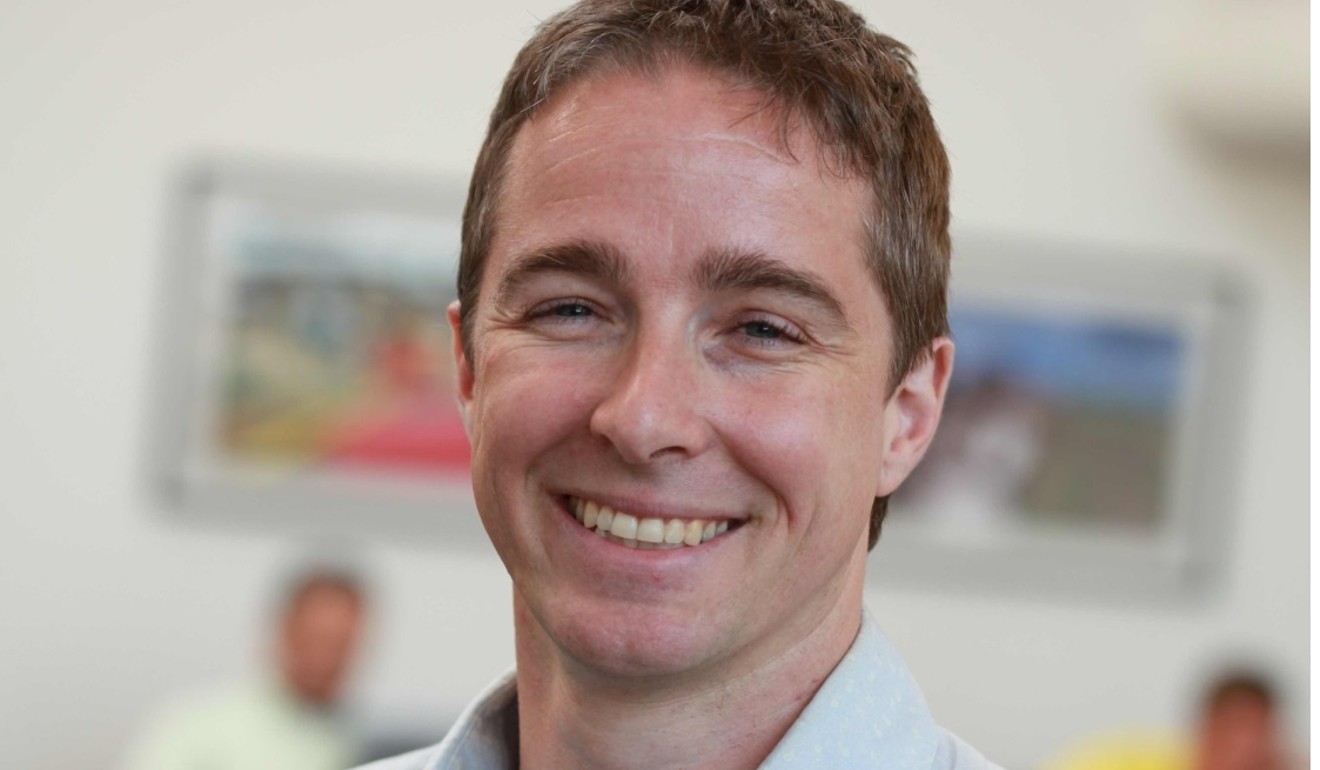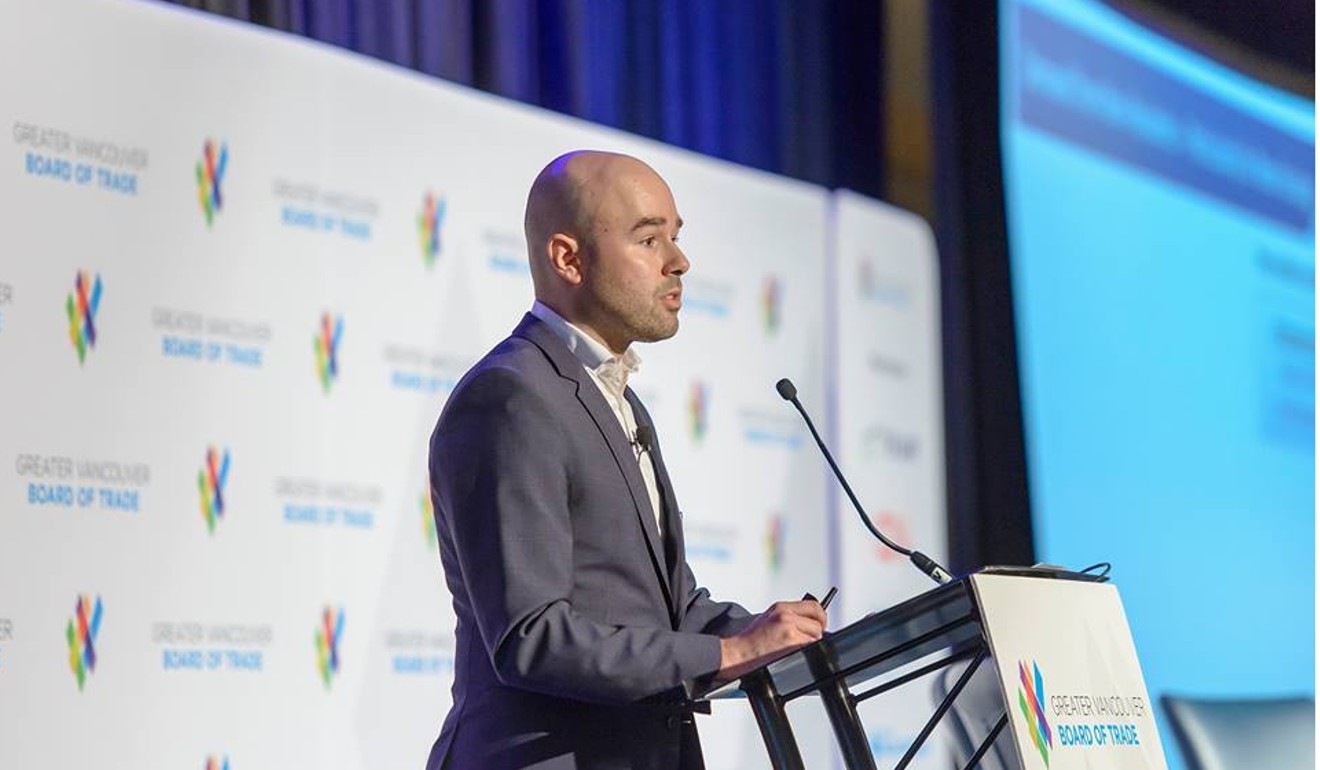
Professor retracts controversial plan to fix Vancouver housing affordability by importing rich foreigners and charging them C$1m each
James Tansey deleted proposal to revive Chinese-dominated Immigrant Investor scheme from housing study’s executive summary and conclusions, saying it had become a ‘distraction’ and he ‘overstated’ his confidence the impact of rich newcomers on rising home prices had been exaggerated. But he says it’s still worth considering whether there could be a role for rich immigrants
A prominent Canadian academic has retracted his proposal that the country restart a controversial Chinese-dominated millionaire migration scheme by having rich newcomers pay C$1million each to make housing more affordable in Vancouver.
Professor James Tansey, executive director of the Centre for Social Innovation and Impact Investing at the University of British Columbia, said on Monday he felt “almost regret” about including the immigrant investor proposal in last week’s widely reported working paper, that focused on a range of supply-side proposals to alleviate housing woes in one of the most unaffordable cities in the world.

In fact, the CMHC study issued in February did not attempt to calculate the impact of immigrant investors, or the wealth brought by immigrants in general, since “there do not appear to be robust data on this issue”.
“Perhaps in an opinion piece I overstated my confidence and CMHC’s confidence in the finding and it’s become a hostage to fortune,” said Tansey.
I don’t think the majority of mechanisms on the demand side are a bad idea...I’m just saying throughout the report that we also need to do more on the supply side
In an address to the Greater Vancouver Board of Trade on May 25, CMHC principal market analyst Eric Bond cautioned that “we do not know, concretely, what the impact of foreign capital has been on the Vancouver housing market. Anyone claiming otherwise, whether they are claiming it is a big deal or not a big deal at all, is stating an opinion”.
Bond and the CMHC restricted their analysis to true “foreign investors” – non-residents and/or non-citizens of Canada. That excludes the tens of thousands of mostly Chinese millionaires who have flocked to Vancouver since the 1980s under the Immigrant Investor Programme and other schemes.
In 2014, the federal government shut down the IIP that Tansey had suggested reinstating in his initial report, issued last Thursday. The report had said funds provided by investor migrants “could be used to invest in increasing the supply of affordable rental housing.”
“Just 2,000 … depositing C$1 million each would create an investment pool of C$2 billion annually to support the expansion of housing supply across the region,” Tansey had written in a since-deleted section. He noted that Vancouver was “one of the most attractive regions for High Net Worth Individuals from China in particular”.
Tansey’s reissued report also scrapped his suggestion there was a lack of evidence “to support the level of scapegoating of foreign buyers in the media and in policy circles”.
The role of foreign buyers and capital in the market has been hotly debated. A 15 per cent tax on foreign buyers of Vancouver real estate was introduced by the business-friendly BC Liberal provincial government in mid-2016, then increased to 20 per cent by a new left-leaning NDP government this February.
The new version of Tansey’s report suggests only that “it would be useful to consider whether there is a role for wealthy immigrant investors that can be aligned with the goals of increased affordability “.
In spite of the changes to his report, Tansey said he stood by his understanding of the CMHC’s analysis.

“I’m quite confident that the report shows that it’s some number less than 30 per cent of the total effect on housing prices and some number significantly below that,” he said, regarding the impact of foreign capital on Vancouver’s prices, which the CMHC said had risen 48 per cent from 2010-2016.
The CMHC modelling considered three factors: increased disposable income, growth in the young-adult population, and lower mortgage rates. It attributed to these price-growth portions of 16 per cent, 11 per cent, and 9 per cent respectively, with 12 per cent unaccounted for.
Asked whether this meant that any other factor, such as immigrant wealth, must account for less than 12 per cent of the price rise, a spokesman for the CMHC would only reiterate that there was no robust data on immigrant wealth.
The CMHC report’s author, economist Aled ab Iorwerth, meanwhile said: “I would expect that if there were new data on foreign investors [non-resident owners] it would help explain that 12 percentage points … I would expect the values of the factors that we have explained therefore to be relatively unchanged.”
The axed IIP and the still-operational Quebec IIP have brought about 200,000 rich immigrants to Canada. Most settle in Vancouver or Toronto, census data show. The QIIP is scheduled to bring about 1,900 rich households (about 5,000-6,000 individuals) to Canada per year, with a maximum of 1,350 from any one country – namely, China, which dominates the scheme. Other provincial nominee programmes also funnel millionaire migrants to Vancouver.
Tansey said he decided independently to write his report, although he had been approached to do something similar in recent years by city councillors, other politicians and developers.
It calls attention to possible supply-side solutions to Vancouver’s housing crisis, including reducing building approval times and cutting the costs and complication of rezoning to allow for higher density development.
“I don’t think the majority of mechanisms on the demand side are a bad idea,” said Tansey. “I’m just saying throughout the report that we also need to do more on the supply side.”
Editor’s note: The headlines and introductory paragraph to this story have been edited to make them more explicit about the nature of the retractions, and to emphasise Professor Tansey’s belief that “it is still worth considering whether there is a role for wealthy immigrants that can be aligned with the goals of increased affordability ”. Both versions of the report have also been embedded.
*
The Hongcouver blog is devoted to the hybrid culture of its namesake cities: Hong Kong and Vancouver. All story ideas and comments are welcome. Connect with me by email [email protected] or on Twitter, @ianjamesyoung70.

